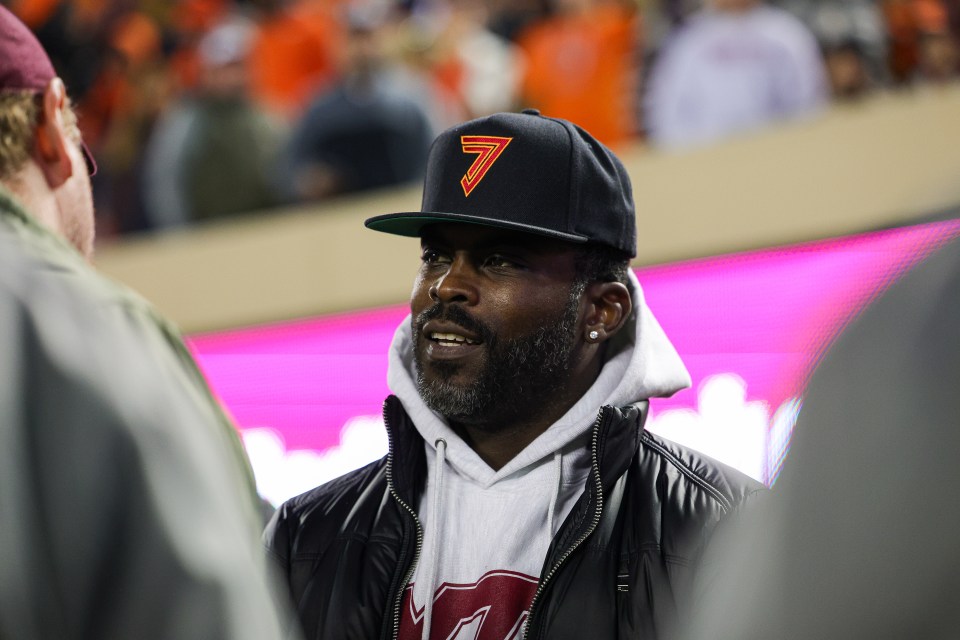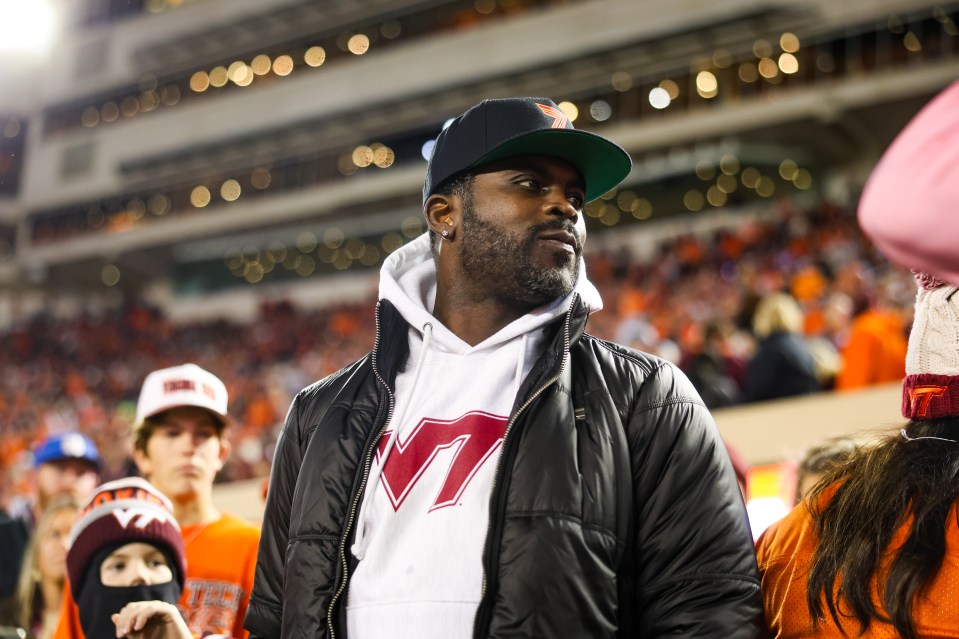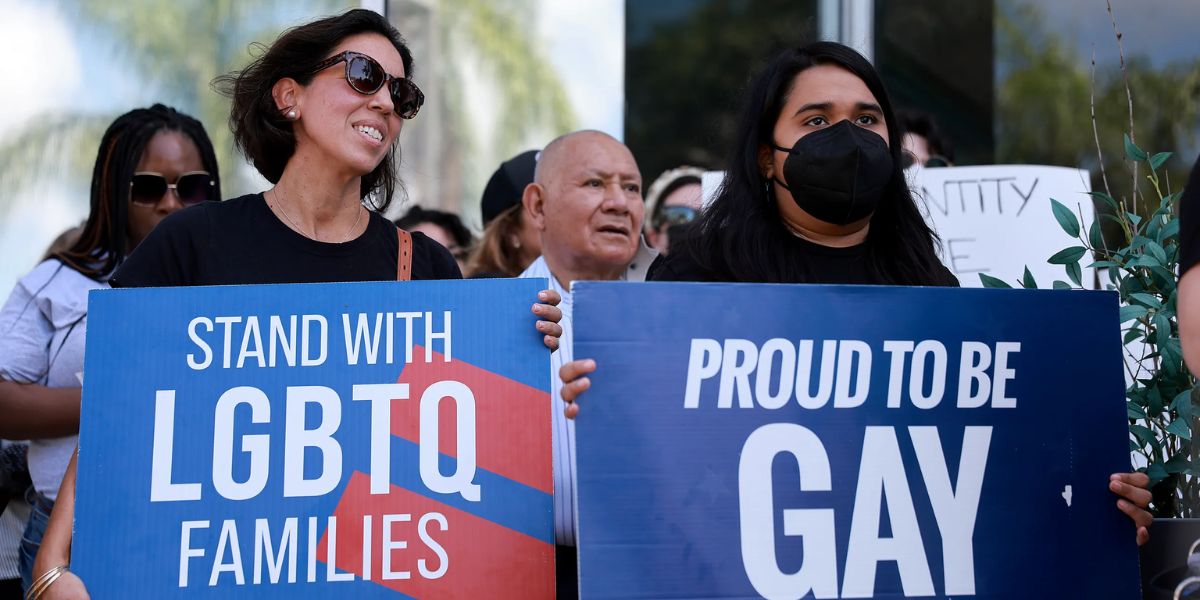Alabama’s ‘Don’t Say Gay’ Legislation Faces Opposition Amid Nationwide Trend
Alabama lawmakers adopted legislation Tuesday to broaden the state’s ban on teacher-led talks about sexual orientation and gender identity in public school classrooms.
The bill passed the House of Representatives by a vote of 74-25 and is now headed to the Alabama Senate. It is part of a nationwide wave of legislation known as “Don’t Say Gay.” It would extend current Alabama law, which prohibits education in elementary school, to the eighth grade. It would also prohibit teachers and school staff from displaying Pride flags or similar symbols on school premises.
Opponents called the bill unnecessary, claiming that it sends a message to LGBTQ+ families, kids, and teachers that they do not belong in the state.
“All of you in this body know LGBTQ people and know they are people just like you and me, made in the image of God,” Democratic Rep. Marilyn Lands of Madison said as she urged colleagues to vote against the bill. Democratic Rep. Phillip Ensler of Montgomery said it was disgusting that the state was devoting time to “made-up stuff” rather than serious matters like gun violence or healthcare.
Following two hours of debate, the vote was mostly divided along party lines, with Republicans supporting the plan and Democrats voting against it.
“They want the math teacher teaching math and the English teacher teaching English, not telling Johnny that he is a girl,” Republican Rep. Mack Butler, the bill’s sponsor, said of parents during the discussion. Butler and other backers referred to it as a parental rights measure, arguing that such debates should be left to parents.
Alabama law presently prohibits instruction and teacher-led talks about gender identity or sexual orientation that are “not age appropriate or developmentally appropriate” from kindergarten to fifth grade. The law would extend the prohibition to the sixth, seventh, and eighth grades.
Originally, the law attempted to extend the prohibition to the 12th grade. It was reduced at the request of state school officials, Butler explained. Carmarion D. Anderson-Harvey, Alabama director of the Human Rights Campaign, stated that the law is an attempt to impose more “censorship, more book bans, more fear-mongering about flags, and make Alabama classrooms more hostile to LGBTQ+ families and students.”
“Every family in our state deserves to be respected, every young person deserves to be celebrated, and every Alabamian deserves an end to the politics of division and chaos,” she said.
Last month, Florida reached an agreement with civil rights lawyers who had challenged a similar statute in their state. The settlement specifies that the Florida legislation does not restrict the mention of LGBTQ+ people or the establishment of Gay-Straight Alliance groups, nor does it apply to library publications that are not used for classroom instruction.
The Florida law became a model for other states. Alabama, Arkansas, Indiana, Iowa, Kentucky, and North Carolina have all approved identical legislation.










